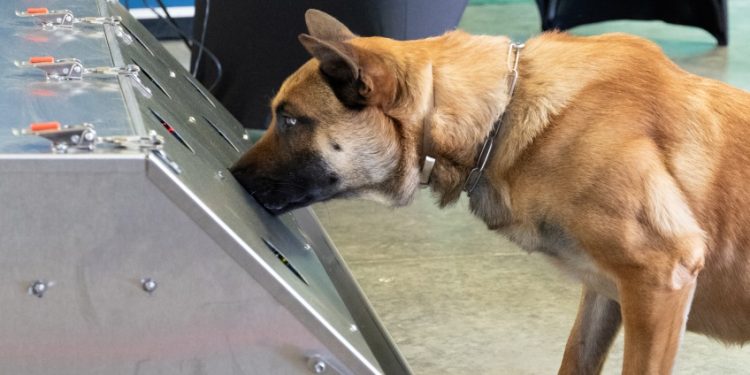Fighting COVID-19 Without Borders!
If we could go back in time less than a year, it would be difficult to convince ourselves that we would generally work from home and conduct our meetings and contacts mainly online, that we would no longer greet each other with a warm hand or cuddle, that we would only see our fellow citizens with a face mask on, that our holiday destinations in 2020 would be rather limited and that we would not know for sure whether or not we would end up in a red zone somewhere. Perhaps the least we could expect was that we would ever find ourselves in a situation where we no longer see each other in real life in order not to infect ourselves, our family and friends with a deadly virus.
Today, and this since March 2020, we live in a virtual world where every day can bring something different. And yes, the habituation takes control of our lives and let that be the essence of the danger. The COVID-19 crisis is not over, far from it, and we must remain vigilant. Figures such as those of the WHO with 19.432.244 confirmed cases of COVID-19, including 721.594 deaths (numbers of 9 August 2020), should not leave us unmoved. Our physicians, experts and industry worldwide are working on a vaccine, drug or other technique for the treatment of COVID-19. In the meantime, we must vigilantly and accurately follow the measures imposed in our own interest and that of our entire society.
A virus knows no borders, no language, no nationality, race or skin colour. The challenge is global and concerns every one of us. An important element in the global approach is the absolutely necessary detection. And here, too, a certain evolution can be seen. Whereas it took some time before the traditional detection methods were started by mouth, throat or nose testing, mainly due to a lack of the necessary testing resources, they are now pervasively present in a large part of our countries. Meanwhile, the search for new methods continues. At the beginning of July 2020, the German Bundeswehr announced that it would train explosives and mine detection dogs to detect COVID-19. Detection dogs can not only perceive explosives or drugs from the molecular composition of a smell, but also sniff the impending hypoglycaemia of diabetics and various cancers in the breath of a patient. The Corona project was also created on this basis. The idea behind this is that the dogs may be able to perceive certain components in the salivary odour of an infected person that are not present in a non-infected person.
A month later, the Belgian Armed Forces announced that they were thinking of training dogs as part of the COVID-19 search. By the end of December 2020, twelve operational teams could be ready in Belgium. Apparently dogs in other countries such as the USA, France, Finland and Great Britain seem also to be trained to recognise an infection with COVID-19. In addition to saliva samples, there are also tests with urine and sweat, some with encouraging results apparently.
Without discussion, these are all wonderful initiatives. However, we have to ask ourselves whether international coordination and cooperation could not make them faster and more efficient? In the framework of the PESCO projects “the European Medical Command (EMC) will provide the EU with an enduring medical capability to coordinate military medical resources … will create a common operational medical picture, enhance the procurement of critical medical resources and contribute to harmonising national medical standards, legal (civil) framework conditions and sanitary service principles”. Within the framework of the NATO cooperation there is the Multinational Medical Coordination Centre (MMCC) which is now operational together with the EMC as MMCC/EMC.
Given that these structures, which are to be welcomed, are in place and already operational, the question then arises as to whether a more in-depth joint operation and coordination within this framework would not lead to greater efficiency. Pooling the necessary resources might also broaden the possibilities. Is such an initiative in the framework of the COVID-19 pandemic not the ideal moment to show the society that genuine co-operation and co-ordination of their armed forces will also have beneficial results for the wellbeing and health of every European citizen? Or do we still believe that such a crisis covers national flags?
Emmanuel Jacob, President
Image credit: Bundeswehr/Roland Alpers

